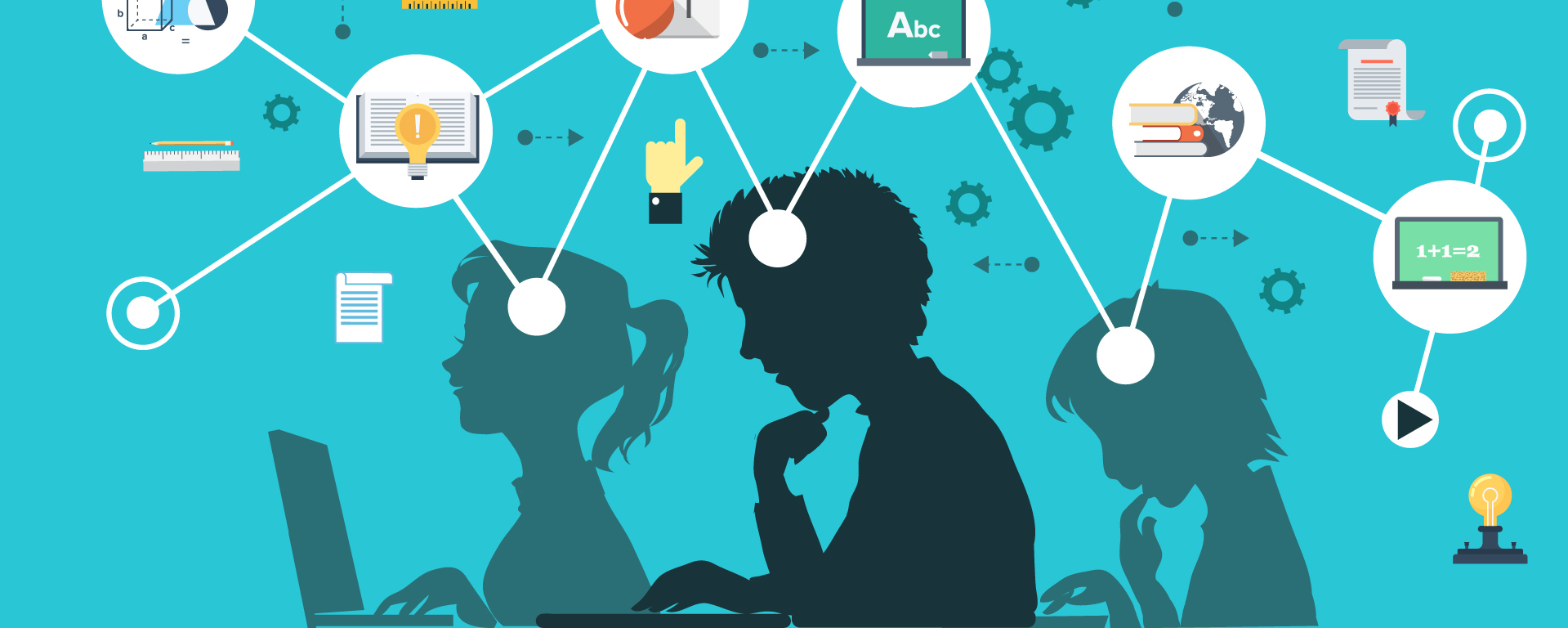This article discusses the importance of digital literacy and media education in the current age of technology. It highlights the need for individuals to possess the skills necessary to navigate and critically evaluate information presented through digital media.
The advent of technology and the internet has significantly impacted the way we live, learn, and communicate. In today’s society, digital media has become an integral part of our daily lives, providing us with instant access to information, entertainment, and communication.
However, as the use of digital media continues to grow, so does the need for individuals to possess digital literacy skills and media education. This article will explore the importance of digital literacy and media education in today’s society and how it can benefit individuals in their personal and professional lives.
What is Digital Literacy?

Digital literacy refers to the ability to effectively navigate and communicate through digital technologies. This includes the use of computers, mobile devices, social media platforms, and other digital tools.
Digital literacy skills include basic computer skills, the ability to evaluate online information, and an understanding of how to use digital tools to create and share content. In today’s society, digital literacy has become an essential skill for individuals to possess, as it can impact their personal and professional lives in numerous ways.
The Importance of Digital Literacy in Education
Digital literacy has become an essential component of modern education, as it can enhance student learning and prepare them for success in the 21st century. Students who possess digital literacy skills can effectively navigate and evaluate digital resources, which can help them in their research and study habits.
Additionally, digital literacy skills can enhance communication and collaboration skills, which are crucial in today’s workforce. Digital literacy skills can also provide students with opportunities to engage in online learning and remote education, which has become increasingly important during the COVID-19 pandemic.
What is Media Education?
Media education refers to the teaching and learning of media literacy skills. This includes the ability to analyze and evaluate media messages, create media content, and understand how media can impact individuals and society.
Media education aims to provide individuals with the skills necessary to critically evaluate media content, understand media bias and stereotypes, and create media content that is ethical and responsible.
The Importance of Media Education in Society
Media education is crucial in today’s society, as the media has a significant impact on the way individuals perceive themselves, others, and the world around them. Individuals who possess media literacy skills can critically evaluate media messages, identify bias and stereotypes, and understand the impact that media can have on society. Additionally, media education can empower individuals to create media content that is ethical and responsible, which can promote positive social change.
The Benefits of Digital Literacy and Media Education in Personal and Professional Lives
Possessing digital literacy and media education skills can benefit individuals in their personal and professional lives. In their personal lives, individuals with digital literacy skills can effectively navigate and communicate through digital technologies, which can enhance their social and communication skills.
Additionally, media education can enable individuals to critically evaluate media messages, which can enhance their media consumption habits and promote positive social change. In their professional lives, individuals with digital literacy skills can effectively use digital tools and technologies, which can enhance their job performance and career opportunities.
Additionally, media education can enable individuals to create media content that is ethical and responsible, which can enhance their professional reputation and promote positive social change.
The Role of Educators in Promoting Digital Literacy and Media Education
Educators play a crucial role in promoting digital literacy and media education among students. Educators can incorporate digital literacy and media education into their curriculum and teaching methods, which can enhance student learning and prepare them for success in the 21st century.
Additionally, educators can model digital literacy and media education skills, which can encourage students to develop these skills and apply them in their personal and professional lives.
The Challenges of Digital Literacy and Media Education
While digital literacy and media education are essential skills for individuals to possess in today’s society, there are also challenges associated with promoting and developing these skills. One of the main challenges is the digital divide, which refers to the gap between those who have access to digital technologies and those who do not.
This divide can prevent individuals from developing digital literacy skills, as they may not have access to the necessary resources. Additionally, there is a need for increased awareness and education on digital literacy and media education, as many individuals may not be aware of the importance of these skills.
Conclusion
In conclusion, digital literacy, and media education are crucial skills for individuals to possess in today’s society. Possessing these skills can enhance personal and professional lives and promote positive social change.
Educators play a crucial role in promoting and developing these skills among students, and there is a need for increased awareness and education on the importance of digital literacy and media education. By promoting these skills, individuals can effectively navigate and critically evaluate digital media and promote positive social change in their personal and professional lives.